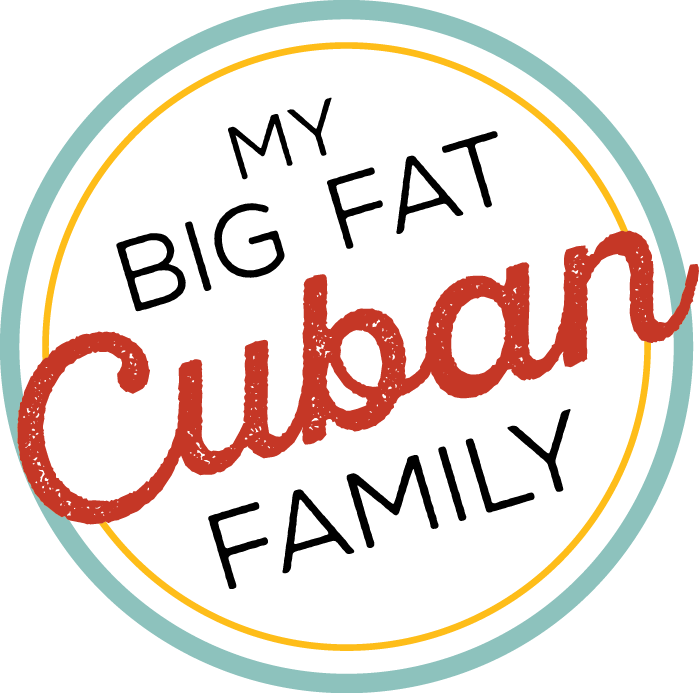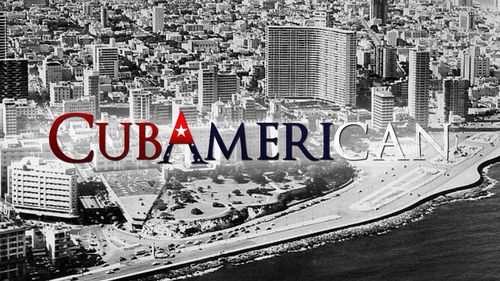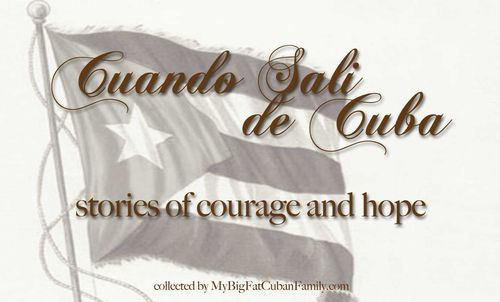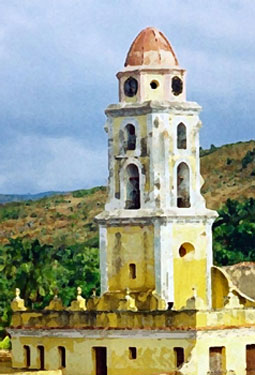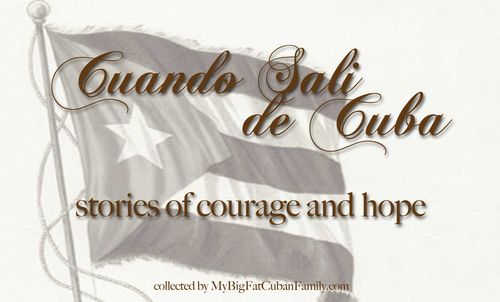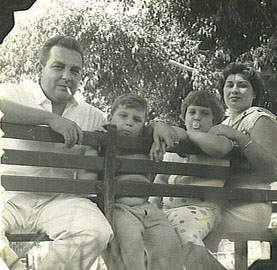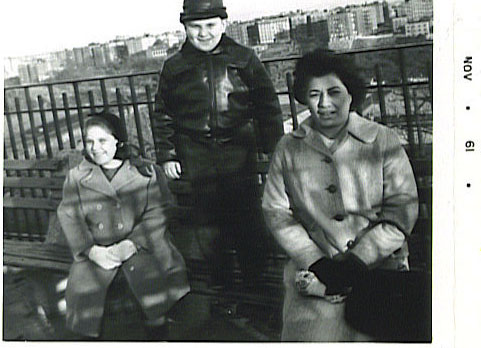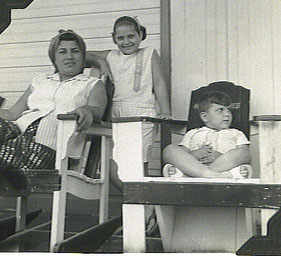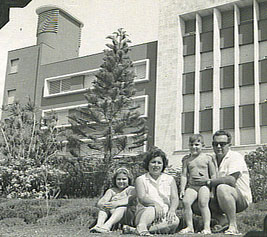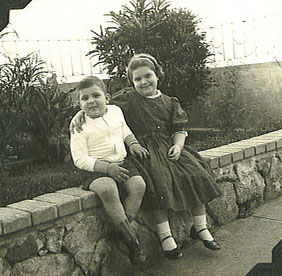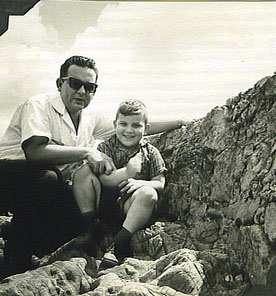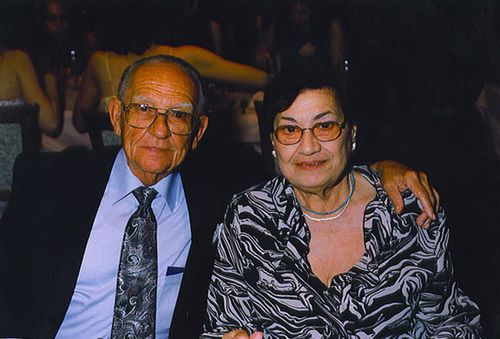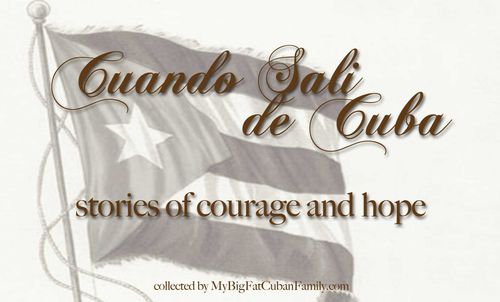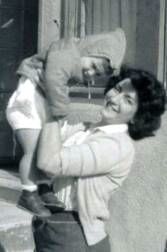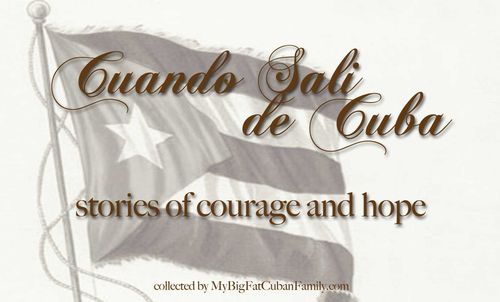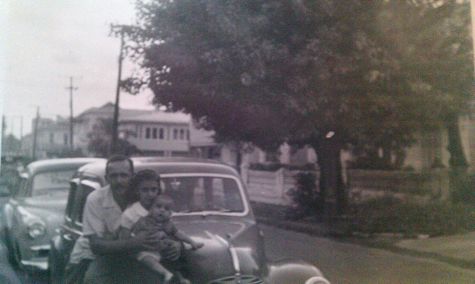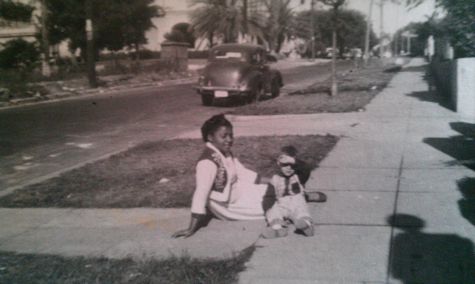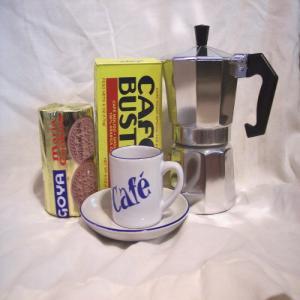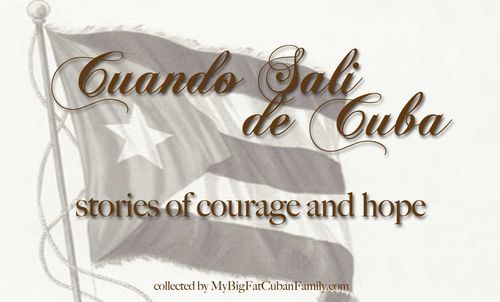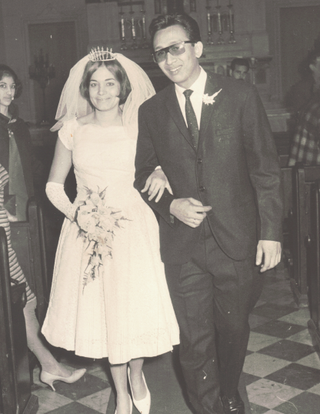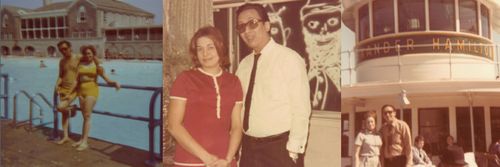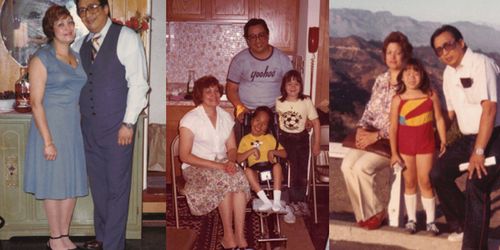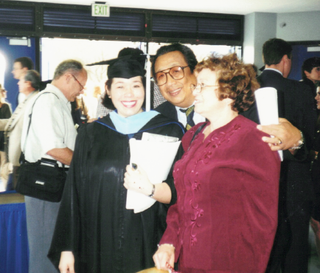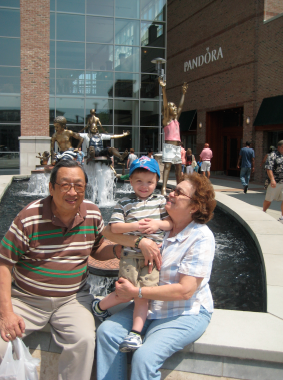Marta here. I started this series, Cuando Sali de Cuba, Stories of Courage and Hope in order to celebrate Hispanic Heritage Month: Cuban-Style. I asked my readers to send me their stories about how their families left Cuba and how they ended up here in the U.S.
As the stories began pouring in, I realized that this needed to be an ongoing series. The stories are still coming in. Some are written as tributes by descendants of Cuban refugees who were born here in the U.S. and some, like this one, written from the perspective of someone who lived and survived the first years of the revolution and helped others escape.
I asked my friend, Joey Lay, of the Dos Cubanos Pig Roasts to send me his story. He did one better. He sent me his father's.
I'm honored to offer you Luis Felipe's story. It is absolutely fascinating because of the position he held in the national bank system at the time of the revolution. It will in turn make you angry and break your heart.
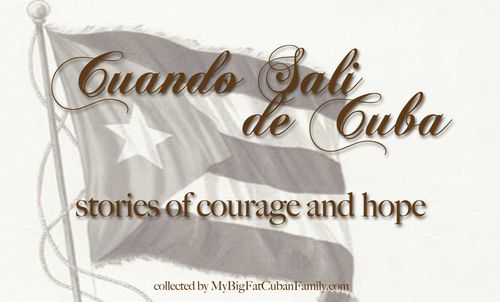
*******************************************
CUANDO SALI DE CUBA – 14 de Octubre 1960
WHEN I FLED CUBA - October 14th. 1960
Every Cuban that left their homeland in the aftermath of the communist takeover treason from the beginning of the 60’s decade through this date, half a century after, has a story to be told and a vivid and stressful one.
This is my story. I hope you share the sense of hope when I survived and the sense of mourning when somebody else you never knew did not make it.
The world needs to know.
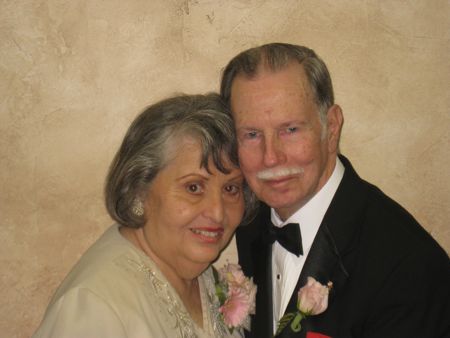
It is our great responsibility to speak on their behalf, as so many innocent people were swallowed by the horrors of cruel and despotic criminals that had no control of their appetite for power and civil compulsion. They have demonstrated this over five long decades and three generations immersed in tremendous devastation as they struggle for life and freedom, the two most precious gifts from God.
It was October 14th, 1960, at dawn, fifty years ago now, the telephone at my parents home rang very loud and clear at that early hour. It was still dark and it felt like the surroundings were matching the situation that all were experiencing in Cuba at the time. My cousin was calling to advise me to leave right away.
I was already planning ahead of what was coming to protect my wife and 2 ½ year old baby daughter because it had been announced that the banking system was being taken over by the Communist Government. I was affiliated with the Bank that was in charge of the Dollar Currency, known as divisas, donated by the people for a supposedly more democratic government that was to be put into place during the first year of the Revolution.
This, of course, never took place because Castro and his comrades deceived the people of Cuba making them believe that they were going to establish a just and democratic country with rights for all their citizens where peace and prosperity were going to flourish. History shows they had no intention of doing this. Instead they brought violence, terror, and misery. Desolation has prevailed for over half a century without the most needed rectification of direction to improve the conditions and liberty of the people of Cuba.
The fact that I represented the bank employees as a delegate of the national banking syndicate, jeopardized my security and the control of my actions and movements because I refused to follow the orders and instructions of the newly formed revolutionary government.
This "new" government was increasingly influenced by the communist party and the atheist platform. Their plan was to attack the church and religious entities and take over the press and all communications media as well as the different sectors of the business world.
The situation in the country escalated at an alarming rate. The oppression was at full force and the threats were constant. They menaced by means of telephone calls and the sudden presence of armed people that looked more like gangsters than soldiers.
This was the contribution of the errantly named Cuban revolution. A revolution that did not exist because it was stolen from the people and given to the elite of international communism. The Red Menace took over our island with absolute cruelty and disregard for the human condition and absolutely no sensitivity to their citizens. Private property was rapidly stolen and given to cement the absolute control of the state, and the state was Castro.
El Che Guevara and all the other abusers of power aligned with world elements of the Communist International Group, funded and supported by the Soviet Union and their enslaved satellites. Since I was considered a leader with a Christian philosophy and democratic principles and surrounded by people like me, I was a target for pressure and threats and next in line to either be sent to prison arbitrarily or shot to death like many others were on a daily basis at La Cabaña and other military fortresses.
The new regime had thousands arrested and also sent to the death squadrons each morning at dawn, without due process of justice or a day in court since the purpose was to eliminate people that loved freedom and because the justice system was eradicated when these hordes took the country by surprise. They took advantage of a corrupted and weak military dictatorship that was governing by force, too, and had displaced the constitutional government of an elected president and congress eight years before.
I had to leave Cuba that morning of October 14th, 1960 if I wanted to survive with my family in a country of freedom where I could be of help to my countrymen and to restore our civil life and patriotic values, as well as the religious profession of the people that were not respected by the usurpers. My choice was obvious but the mission almost impossible because of the scrutiny on me.
It was difficult to get out of the country and the permits were unattainable, but I had a plan, and, I put it into effect, carefully and with elaborate disguising.
It worked only because we had God’s protection to such a risky departure. All elements were against me. The banks were invaded by the government militarily with machine guns and all; just like an assault.
And the leader of the syndicate had already left to fight the revolutionary army from the Mountains of Escambray, in Central Cuba, just five days before.
I was the second in command and everybody was looking for me because I did not show up at the bank that day. They went to my house to get me, but I had already vanished. They went to my parents' house searching for me, but I had already left with my father, my wife and baby daughter. We were on our way to the International Airport where there was a big event that particular day.
At first it seemed it would be much more dangerous to be heading to the airport with a military presence there, but instead it turned out to for my benefit. The confusion was what helped me escape.
I arrived at the airport while the armed groups were looking for me. I was the only bank associate that did not show up while the takeover, or so-called nationalization, of the commercial and private banks, in addition to all the retirement funds was happening.
There was a big confusion generated by the coming of the Minister of Exterior Relations accompanied by the President of Ghana (pseudo-communist) from the United Nations. It happened to coincide with the time of my departure and called for a concentration of all the militias from different fields and sectors of the country, including the bank militias that were at the airport.
All of this perfectly coincided with the time I was there trying to board the airplane. The militia from the banking sector belonging to different institutions thought that I was there for the celebration and had no idea I was really there to escape from my persecutors.
After being stripped and thoroughly checked, we had to walk quite a long way on the tarmac in order to step up the ladder to climb into the aircraft. We were on hold for nearly 45 minutes while we could see the Foreign Minister's aircraft with the President of Ghana (the African country).
Twice the armed soldiers boarded our plane and two men were removed, one at a time. Our little baby girl was crying, trying to drink a bottle of milk in that terrible heat and the loud noise from the propellers.
Finally, the airplane took off.
Up into the air we went and the blue sky could be seen all around us coming from heaven into the horizon.
Everyone on the airplane, from the passengers to the crew were happily clapping and relieved that we had succeeded in our dangerous plan to escape communism and oppression after so much turmoil. The happiness reflected in the passengers faces was undeniable. There was singing and laughing, smiles and hugs. We all felt united in our euphoria and relief.
When I arrived with my wife and tiny daughter at the old Miami Airport, the Pan American Terminal on 36th Street was full of people waiting for one of the first groups coming from the chaotic island of Cuba. Once the Pearl of the Antilles and now immersed in tears, hate, guns and distress.
Of course, with empty pockets but a clean heart, we gave thanks to God for his enduring protection that saved our lives.
I called my family that could not come with me to let them know we had arrived safely. I told my Father and my Mother that I was safe and that I would start helping others to escape the horrors of communism. Our Lord helped me not only to be a bridge between the Cubans and Americans in this country but also allowed me to be an instrument to help bring to freedom hundreds of families and nearly 5,000 people who were being persecuted in Cuba because of their religious beliefs or democratic ideals. Except my grandmother, who knew that she would never see me or the rest of the family again. She was in her 90's when she died a few years later.
I'm sad to say, however, that 51 years after the day I left Cuba for the last time, the conditions there are much, much worse. We lost our homeland. And now three more generations of young people have been deprived of the right to live according to God’s plan for humanity.
The same oppressors that killed our friends and citizens just because they did not follow their ignominies continue to rule the country with a cruel and miserable tyranny. We knew many who served more than 20 years in jail, many of them dying in prison. The devastation has been horrendous in all spheres of society. Such a thing as this had not even been seen before colonial times.
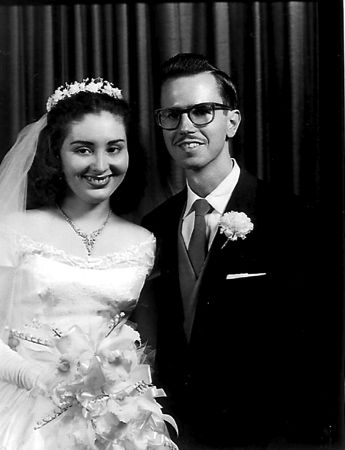
My wife, Miriam and I were married in Miami at Gesu Catholic Church the same day that the revolutionary forces entered in La Habana, January 3rd, 1959.
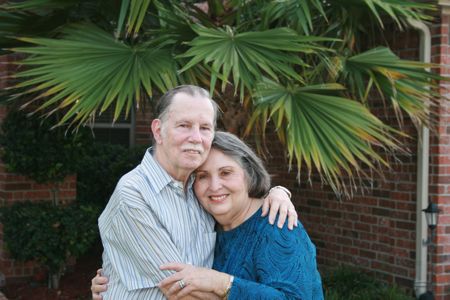
Our oldest daughter, Myriam Cristina was born in Cuba, and five more children were born to us here in the U.S.A., Luis Felipe Jr., Dennis Albert, Joseph Edward, Rose Marie and Robert Anthony.
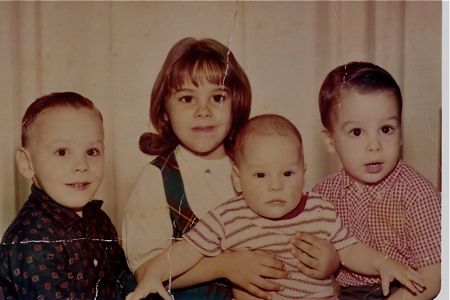
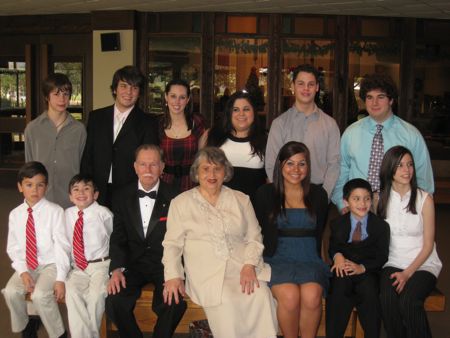
They are all married and we now have 12 Grandchildren. We live in peace and prosperity in the freedom offered to us here in the U.S.A.
~Luis Felipe Lay
*******************************************
Marta here:
I'm so very grateful to Joey and his father for sharing this amazing story. Gracias, my friend. I'm proud to know you.
If you're Cuban American, your family has a story to tell. Please allow me the privilege of sharing it here on my blog. Even if you were born here in the U.S. and you want to pay tribute to those who bravely left Cuba for a better life here, please do. Send me an email with "Cuando Sali de Cuba" in the subject line. Also, please send some family photos.
It's my honor to pay tribute to your courageous families. As Luis Felipe so eloquently put it:
The world needs to know.
(cross-posted on Babalú blog)
